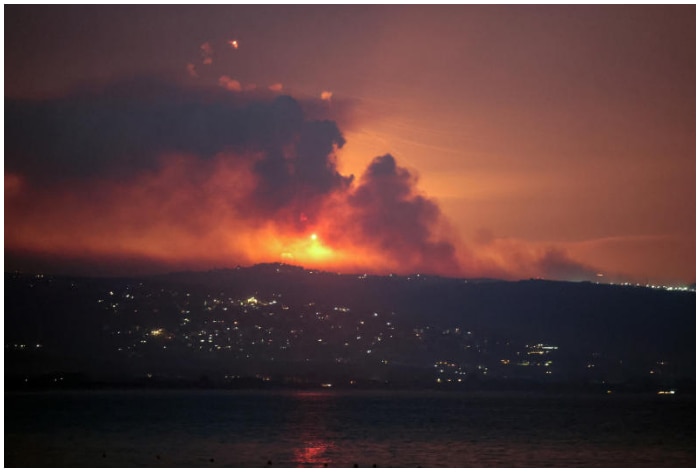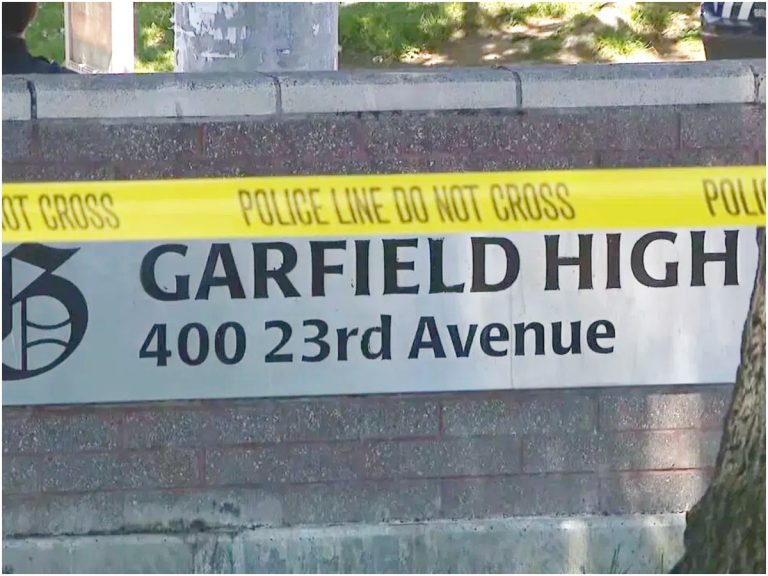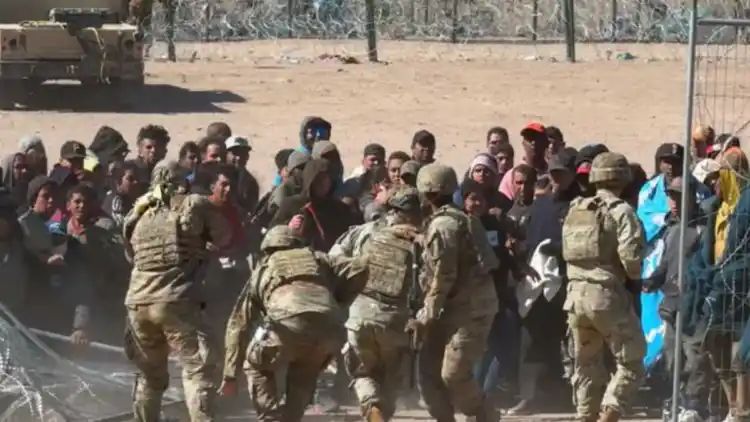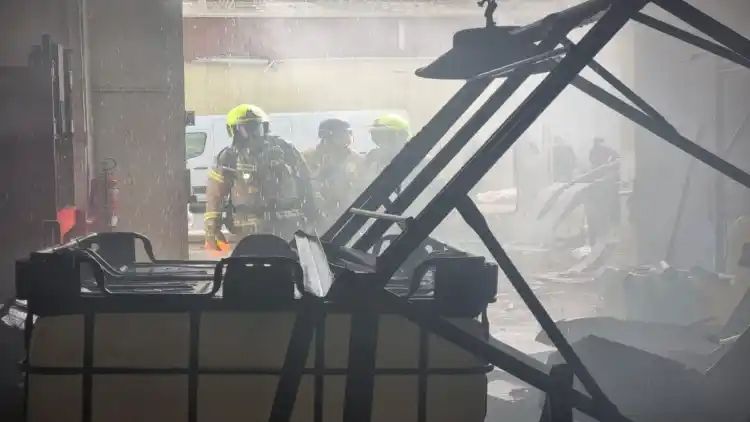Tensions Soar In Middle East Following Intense Exchange Of Fire Between Israel And Hezbollah

The Middle East prepared for the possibility of a broader conflict that could draw in Iran and its allied militias after 100 fighter jets of Israel bombarded over southern Lebanon, destroying thousands of Hezbollah missile launchers in a ‘preemptive strike’. The strike began at around 5 am local time which was, according to the Israeli officials, based on specific intelligence that Hezbollah was planning to fire hundreds and thousands of missile at northern Israel as well as about to launch drone strikes at a key intelligence centre near Tel Aviv in retaliation for the killing of its commander in July.
Israel has declared a 48-hour emergency state, leading to the temporary shutting down of their main airport. This resulted in numerous international flights being cancelled. As a reaction to this, Hezbollah launched over 200 projectiles, which Israel reported caused minimal harm. An Israeli soldier tragically lost his life, not from the direct attack, but due to debris fallout. Meanwhile, Lebanon reported three losses as a result of this event.
Had Hezbollah undertaken a strike on central areas in Israel, the skirmishes that have been cycling around the border for the past ten months could have snowballed into a full-blown conflict.
“Our hope is that the events of last night do not spill out into an escalation that leads to regional war,” US National Security Advisor Jake Sullivan said on Sunday during a visit to Canada.
Israel has recently let its airport get back to business and loosened up restrictions on public gatherings that were imposed earlier. Israel’s military representative, Rear Admiral Daniel Hagari, confirmed that no damage was inflicted on any Israeli military bases. On Sunday night, the Israeli army opted against reinstating public safety measures, hinting at a lack of concern for any immediate risks of additional attacks. Furthermore, negotiations scheduled on Sunday for a cease-fire between Israel and Hamas, the Palestinian paramilitary group in Gaza, went on as planned.
Hamas’ delegation has recently left Cairo and according to their leader and spokesman, Osama Hamdan, there’s a bit of a hiccup in the peace process. It appears Israel has put forth new ceasefire conditions. Hamdan also had a bone to pick with President Joe Biden’s administration, accusing it of creating a smokescreen of false hopes by hinting at a possible agreement just for political clout.
The conversation will continue, albeit at a slower pace, in the following days with the intention of lessening the gap between the various factions. According to a report by the Associated Press citing an anonymous US authority, the talks have been encouraging so far, with participants working towards finding a workable deal.
The Consequences
Mike Singh, who is at the helm of the Washington Institute, suggested that the Israeli-Hezbollah incident shows more promise in aiding, rather than muddling, the cease-fire talks. The incident allows Israel to expressly communicate its readiness to raise the stakes if pushed, with the US firmly in its corner. The message resonates clearly, signaling a stern warning for Hamas, Hezbollah, and Iran if they persist in rejecting a possible deal. Hezbollah, on the other hand, responded with attacks on Israel, asserting it was payback for the death of their leader Fuad Shukr. They went as far as launching a considerable amount of missiles and drones that targeted multiple military bases and installations in Israel’s north.
The main target of the dreadful attack was the Mossad intelligence service which is based in Glilot, Hezbollah Secretary General Hassan Nasrallah said Sunday.
Israeli Prime Minister Benjamin Netanyahu chaired a security cabinet meeting on Sunday and said he was “determined to do everything to defend our country, to return the residents of the north securely to their homes, and to continue upholding a simple rule: Whoever harms us – we will harm them.”
Lieutenant Colonel Nadav Shoshani, who stands as a representative for the Israeli forces, pointed out that there was a phone call exchanged between Yoav Gallant, the Israeli Defense Minister, and Lloyd Austin, the Defense Secretary of the US, over the weekend. He remained reserved about whether the US was given a heads-up before Sunday’s attack, only revealing it was an operation executed by Israel.





